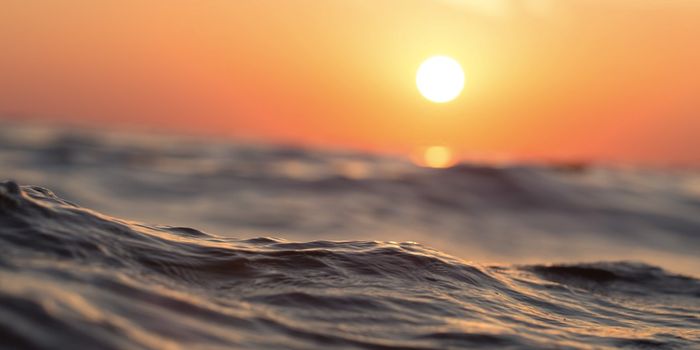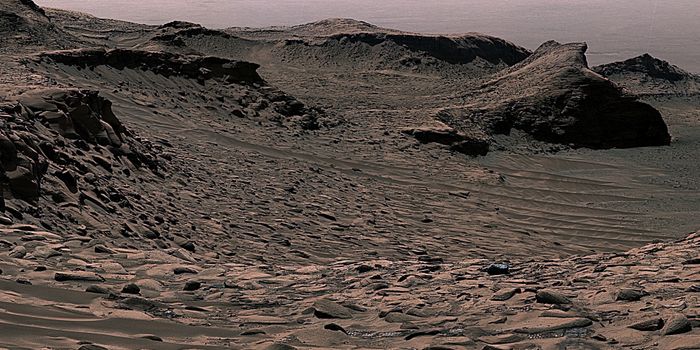Coral reefs are on the move
New research published recently in the journal Marine Ecology Progress Series suggests that coral reefs, like other ecosystems, LINK HERE are on the move. The study shows that reefs are moving away from equatorial waters towards more temperate waters, likely in an effort to adapt to climate changes and warming sea temperatures.
"Climate change seems to be redistributing coral reefs, the same way it is shifting many other marine species," said Nichole Price, a senior research scientist at Bigelow Laboratory for Ocean Sciences and lead author of the paper. The researchers report that within the last forty years, the number of young corals on tropical reefs has declined by 85 percent -- and doubled on subtropical reefs. "The clarity in this trend is stunning, but we don't yet know whether the new reefs can support the incredible diversity of tropical systems,” says Price.
Coral reefs have been under threat from mass bleaching due to increased ocean acidity and warmer sea temperatures, both a result of high levels of human-emitted fossil fuels. However, marine scientists who work with corals have pondered whether the animals have the capability to adapt. Current studies investigating the resiliency of certain species of corals are looking into restoration possibilities and this research adds important information to understanding reef ecosystems.
"This report addresses the important question of whether warming waters have resulted in increases in coral populations," says David Garrison, a program director in the National Science Foundation's Division of Ocean Sciences, which funded the research. "Whether this offers hope for the sustainability of coral reefs requires more research and monitoring."
However, the researchers hypothesize that while the movement of equatorial reefs to the subtropics could provide new habitats for marine life, it is likely that only certain species of corals will be able to shift their range. But the species that are on the move are creating never-before-seen ecosystems.
"We are seeing ecosystems transition to new blends of species that have never coexisted, and it's not yet clear how long it takes for these systems to reach equilibrium," said author Satoshi Mitarai, an associate professor at Okinawa Institute of Science and Technology Graduate University. "The lines are really starting to blur about what a native species is, and when ecosystems are functioning or falling apart."
The scientists say that their work is far from complete, and despite the development of a database documenting these “refugee corals,” the need to continue investigating remains. "So many questions remain about which species are and are not making it to these new locations, and we don't yet know the fate of these young corals over longer time frames," Price said. "The changes we are seeing in coral reef ecosystems are mind-boggling, and we need to work hard to document how these systems work and learn what we can do to save them before it's too late."
Sources: Science Daily, Marine Ecology Progress Series









